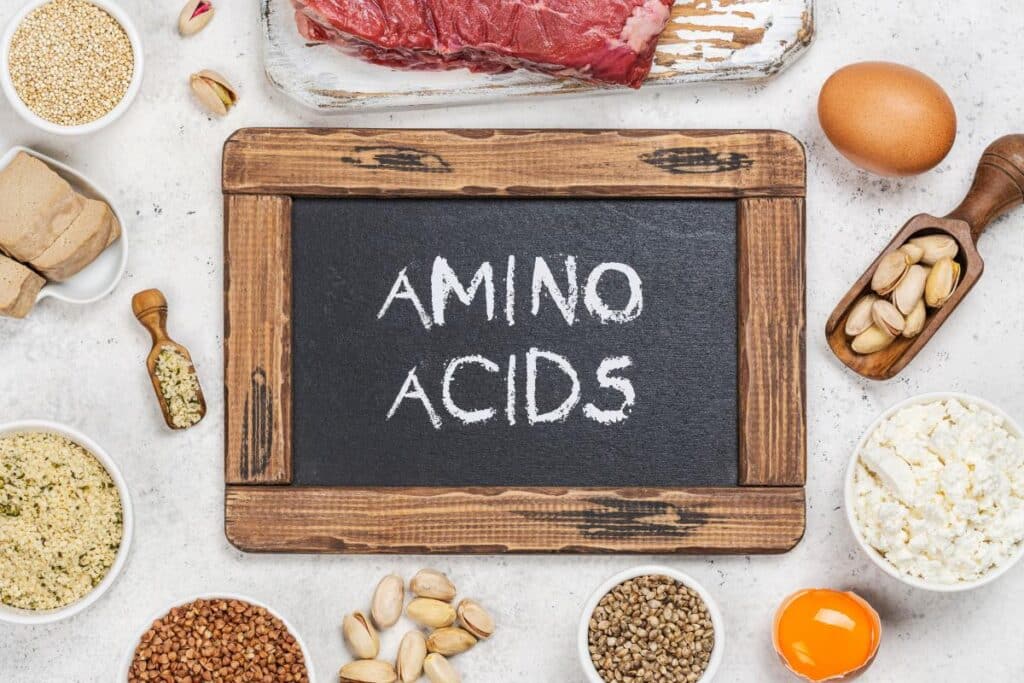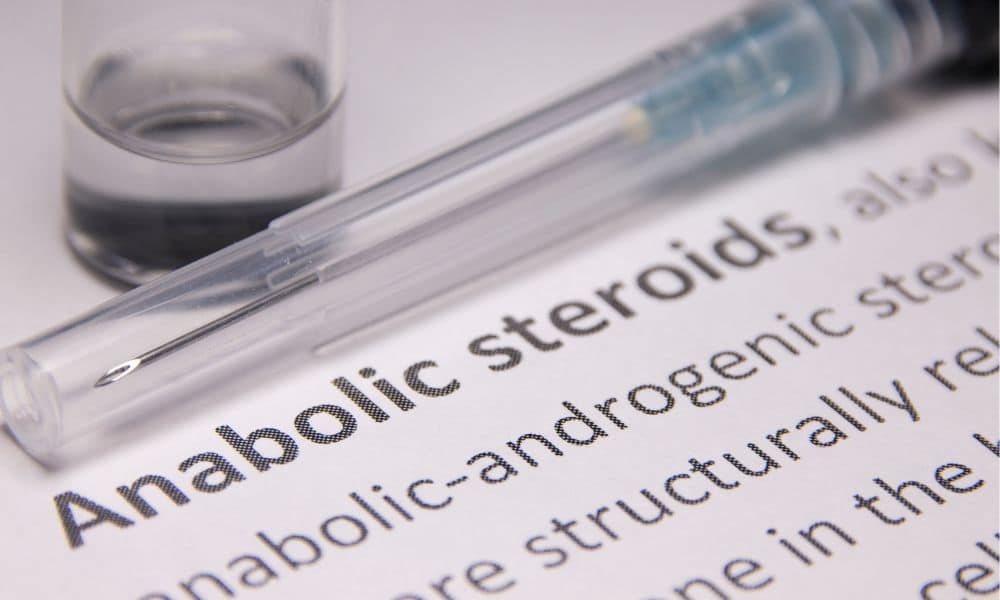Amino acids, often called the building blocks of life, play a pivotal role in various bodily functions, especially regarding health and fitness. These organic compounds are essential for forming proteins, enzymes, and neurotransmitters, among other critical components. Beyond their foundational role, amino acids offer a range of health and fitness benefits that contribute to overall well-being and peak physical performance.
Understanding Amino Acids: The Basics
Amino acids are organic compounds of carbon, hydrogen, oxygen, and nitrogen atoms. There are 20 different aminos that the body uses to create proteins, and they can be categorized into three groups:
- Essential Amino Acids: These cannot be synthesized by the body and must be obtained through the diet. They include leucine, isoleucine, valine, lysine, methionine, phenylalanine, threonine, tryptophan, and histidine (essential primarily for infants).
- Non-Essential Amino Acids: The body can produce these independently. They include alanine, asparagine, aspartic acid, glutamic acid, serine, and more.
- Conditional Amino Acids: These are usually non-essential but become essential under certain circumstances, such as illness or stress. Examples include arginine, cysteine, glutamine, taurine, and tyrosine.
Health Benefits:
- Muscle Growth and Repair: Aminos, especially the branched-chain amino acids (BCAAs) like leucine, isoleucine, and valine, are crucial for muscle protein synthesis. They promote muscle growth and repair after exercise, making them essential for athletes and fitness enthusiasts.
- Improved Exercise Performance: Aminos, particularly BCAAs, can help reduce exercise-induced fatigue and muscle soreness. They may also delay the onset of muscle fatigue, allowing for longer and more effective workouts.
- Weight Management: Aminos can aid in weight management by promoting the feeling of fullness (satiety), which can help control appetite and reduce calorie intake. Additionally, they can support the maintenance of lean muscle mass, which is vital for a healthy metabolism.
- Hormone Regulation: Amino acids play a role in synthesizing hormones, including those that regulate growth, stress response, and mood. Tyrosine, for instance, is a precursor to essential neurotransmitters like dopamine and norepinephrine.
- Immune System Support: Glutamine is essential for the immune system and plays a role in maintaining the integrity of the digestive tract lining. It’s imperative during times of stress or illness.
- Wound Healing: Arginine promotes healing by enhancing blood flow and collagen synthesis.
Fitness Benefits:
- Energy Production: Amino acids can be converted into energy when carbohydrates and fats are limited. Alanine and glutamine, for example, can provide power during prolonged exercise.
- Reduced Muscle Breakdown: During intense exercise, BCAAs reduce muscle breakdown (catabolism). This is especially valuable for those engaged in endurance sports or heavy weightlifting.
- Recovery and Adaptation: Amino acids support post-exercise recovery by reducing muscle damage and inflammation. They also aid in adapting to training stress, allowing for more efficient progress.
- Enhanced Endurance: Some aminos, like beta-alanine, can improve endurance by reducing the buildup of lactic acid, thereby delaying muscle fatigue.
- Optimal Hydration: Glycine supports the body’s hydration and electrolyte balance, essential for endurance athletes and those training in hot conditions.
Incorporating Amino Acids into Your Lifestyle:
To harness the health and fitness benefits of amino acids, it’s crucial to maintain a balanced diet that includes a variety of protein sources. This ensures you get diverse aminos to support your body’s needs. Whether you’re a professional athlete or simply striving for better health, understanding the role of aminos can help you make informed dietary choices that support your fitness goals.
It’s worth noting that individual amino acid requirements can vary based on factors such as age, sex, activity level, and overall health. If you have specific fitness goals or health concerns, consulting with a registered dietitian, nutritionist, or healthcare professional can help tailor your diet to optimize your amino acid intake for maximum benefits. Remember, achieving a well-rounded diet rich in aminos is just one piece of the puzzle – regular exercise, proper hydration, and adequate sleep all play vital roles in your journey to optimal health and fitness.
If you love bodybuilding, share this article on Facebook or Twitter so that others can learn more about building muscle.
Related Articles




